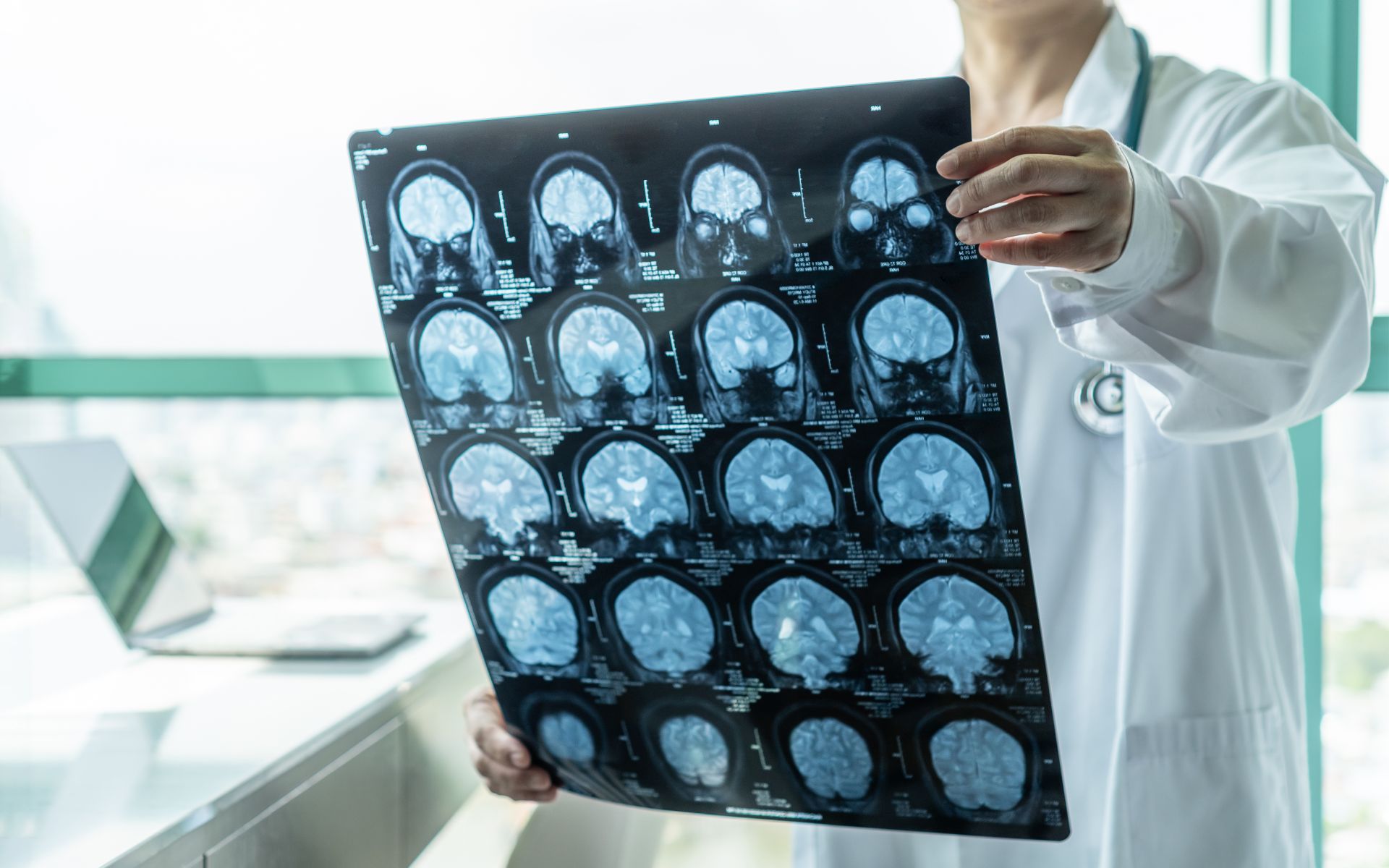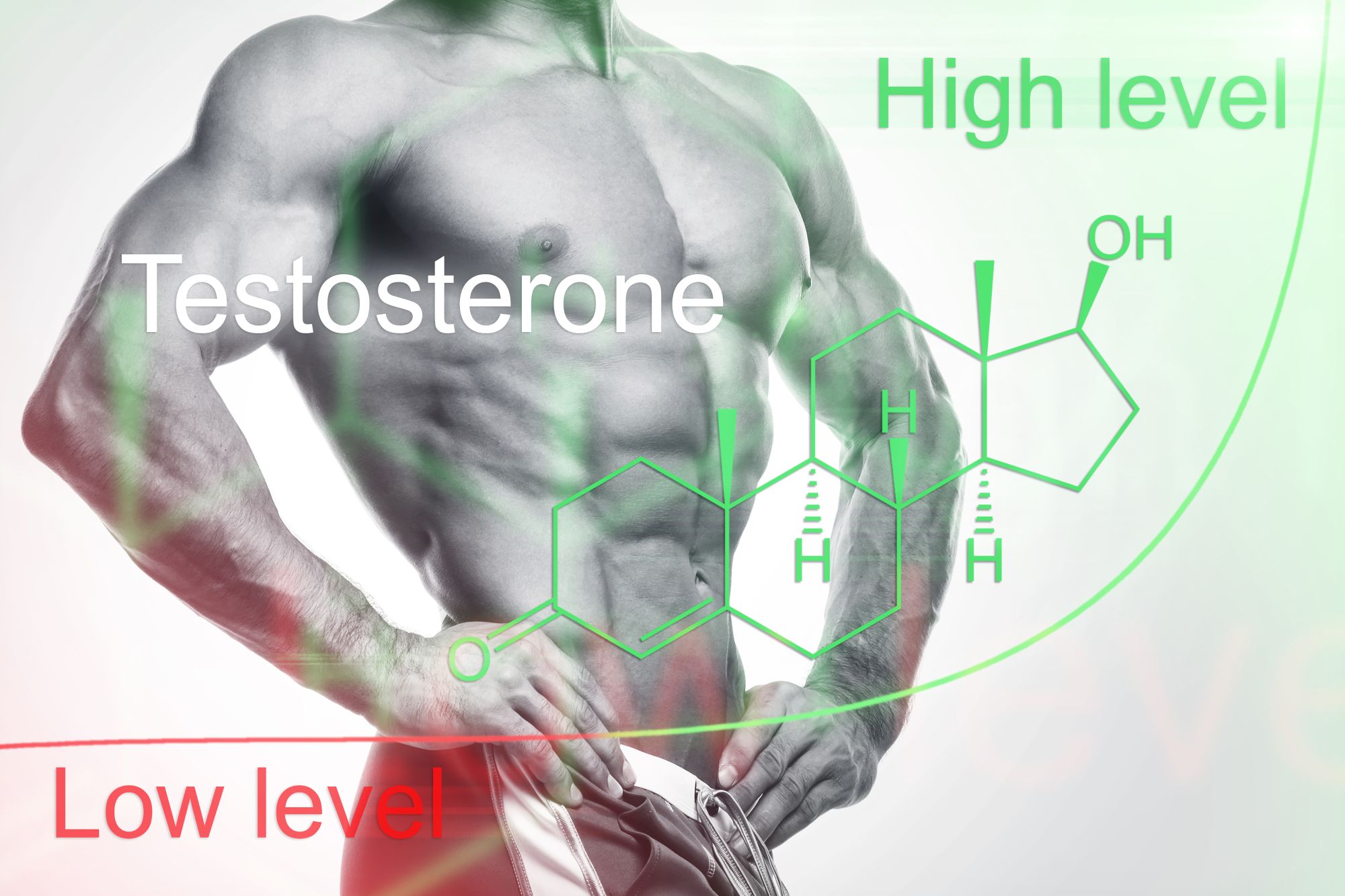NAC and neurodegenerative diseases - what are the relationships?

Supplemental NAC is known for its effects on the liver and respiratory system and as an antidote to paracetamol toxicity. More niche uses of NAC include supporting nervous system health. There is growing evidence in the literature of NAC's neuroprotective effects and numerous brain benefits. Check out how NAC supports brain health and the benefits it can bring you!
Does NAC protect brain health?
There is evidence that N-acetylcysteine, or NAC, may protect against neurodegenerative disorders such as Parkinson's disease, Alzheimer's disease, neuropathic pain, stroke and multiple sclerosis. According to the researchers, it may be helpful as part of supplemental supplementation for the aforementioned diseases as a glutathione (GSH) precursor with antioxidant and anti-inflammatory properties.
Unlike ready-made glutathione and free L-cysteine, NAC has the ability to effectively cross the blood-brain barrier, raising GSH levels in the brain. Thus, it can reduce oxidative stress locally in the brain with high efficiency. In addition to reducing free radicals, it affects the function of the glutamate system. More precisely, it modulates NMDA receptors (the most abundant type of glutamate receptors). By doing so, it reduces the risk of glutamate over-stimulating neurons, which could even lead to their death by an excessive influx of calcium ions inside the cells.
In the literature, we find very numerous reports of the neuroprotective effect of NAC. There are also mentions of possible benefits against psychosis, mood disorders and addiction.
NAC's neuroprotective potential
Studies have shown that NAC exerts strong protective effects against oxidative stress and inflammation in various health conditions. Such protection largely applies to nerve cells.
We know from animal studies that reduced GSH levels and increased oxidative stress in neurons and promote premature brain aging. However, the study authors conclude that NAC may reverse cognitive impairment, at least in part, by increasing neuronal GSH levels.
Below you will find a concise review of reports from the literature on the effects of NAC on specific nervous system disorders.
Parkinson's disease
Dopamine can induce apoptosis in nerve cell cultures, which can translate into excessive loss of black matter cells in Parkinson's disease. Compounds such as NAC show clear protective effects by inhibiting dopamine-induced cell death in cell cultures.
The clinical trial used the agent both as a weekly intravenous infusion and supplementation with 500 mg orally twice daily for three months. This treatment significantly alleviated Parkinson's disease symptoms and increased dopamine binding in the brain. The findings are promising, but require further research.
Neuropathic pain
Matrix metalloproteinases (MMPs) are one of the key components that cause nerve inflammation and facilitate the maturation of inflammatory cytokines. N-acetylcysteine, by inhibiting MMPs, significantly alleviates neuropathic pain in animal studies.
The use of NAC is beneficial for diabetic neuropathy, and there is evidence that at a dose of 1,200 or 2,400 mg per day it can reduce the incidence and severity of paclitaxel-induced peripheral neuropathy during chemotherapy.
Multiple sclerosis
A small randomized trial using intravenous NAC once a week in combination with oral supplementation of 500 mg twice a day for two months showed improved glucose metabolism in several brain areas, as well as subjective improvements in attention and cognitive function. In another also small study of progressive multiple sclerosis, NAC at a dose of 1,250 mg three times a day was well tolerated and resulted in sustained improvements in levels of perceived fatigue. Glutathione levels are reduced in secondary progressive multiple sclerosis, and NAC was able to improve this.
Summary
NAC has considerable neuroprotective potential, which is used both in medicine and in preventive supplementation. Many neurodegenerative diseases are associated with excessive oxidative stress, chronic inflammation and NMDA receptor dysregulation, and each of these aspects is covered by NAC's properties. It's no wonder, then, that NAC supplements are gaining popularity among those looking to protect their brains from aging, dementia and general decline in performance.
Sources:
 ⮜ Previous article
⮜ Previous article
How to increase testosterone levels?
 Next article ⮞
Next article ⮞